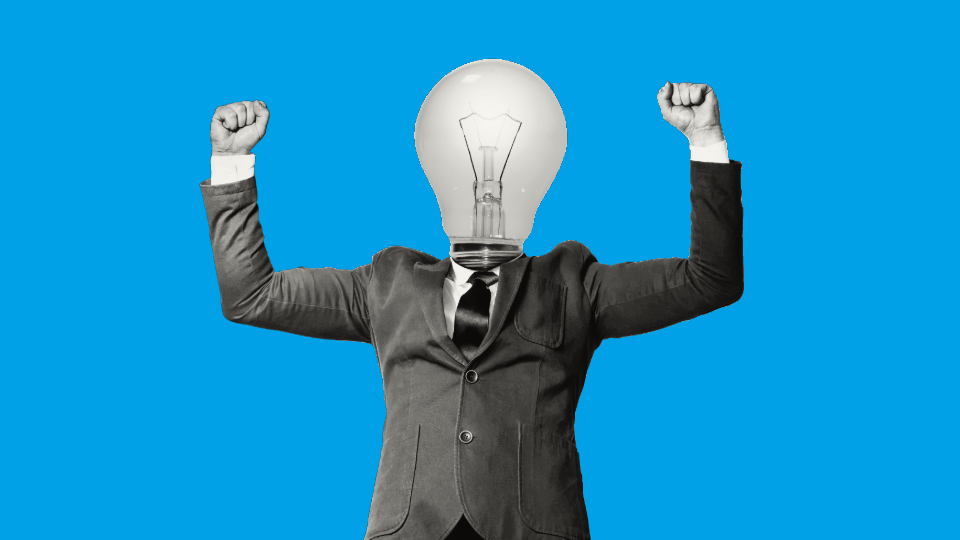As a substance abuse counselor in Austin, Texas, Chris Marshall wanted to help clients develop new habits and new ways of thinking in service of a sober life.
In that context, he’d often suggest a switch to non-alcoholic beverages, yet almost always found himself facing resistance. The conversations, Marshall says, tended to end with some variation on the following statement: “I would stop drinking, but there are no good alternatives, and I would be alone.”
“After a few years of this,” Marshall recalls, “I said, ‘OK, I gotta do something about this.’”

Chris Marshall, Sans Bar founder. Photo by Cassie Alvarado
So began Marshall’s still-unfolding journey that led him in 2017 to launch Sans Bar, Austin’s first non-alcoholic bar and turned him into a leading voice for the idea that — as his website says — “socializing can be vibrant and enjoyable without alcohol.”
It’s an idea that increasing numbers of consumers are embracing, with sales of non-alcoholic (NA) and low-alcohol beverages skyrocketing in the United States and around the world.
The trend has caught the attention of established beverage brands such as Heineken, craft brewers such as Summit Brewing and even entrepreneurs, with new ventures including Athletic Brewing Co. Demand for non-alcohol spirits, wine and other beverages is also on the rise. Visit “Spirited choices: marketing non-alcoholic beverages in a boozy world” from Quad to learn more.
Since opening his unexpected NA venture, Marshall has traveled to cities across the nation to help open NA pop-up bars and established the Sans Bar Academy, a 10-week business incubator aimed at arming entrepreneurs with the skills, knowledge, confidence and connections to succeed.
Quad recently spoke to Marshall about how Sans Bar has grown from a pop-up to an established brick-and-mortar location with regular hours and a loyal clientele — many of whom are seeking to redefine the role of alcohol in their lives.
Q. What was it like starting Sans Bar?
In December 2017, I did my first pop-up here in Austin. It was a tepid response. Six people showed up, mostly my relatives. But two of them were absolute strangers, and I felt like I was onto something. I had some local news coverage for Sans Bar, and people would ask [sarcastically], “So what’s next, a restaurant without food?” Since non-alcoholic beverages were so scarce, a lot of people just did not get it — a dedicated space for non-alcoholic products? But now people have been coming for six years now, and there’s a lot of excitement around the entire category.
Q. Did you have a sense from the beginning that the NA movement was about building community as much as the product?
I really do think that’s what people are looking for. They’re looking for community and also looking for culture. I hear people say that they love being able to go into a space that looks like a wonderful, awesome bar — but it’s non-alcoholic. [They] love being able to do trivia, to do sober karaoke, to connect with other people in a way that they could not when consuming alcohol. We’ve moved off the language of being sober, because we don’t want this to be about abstinence. We’re also reflecting the real trend, which is that the majority of people who are considered ‘non-alcoholic’ are also consuming alcohol. So, in this space, no matter what your relationship with alcohol is, there is the opportunity to make connections.
Q. Why do you think that is?
We’ve made a lot of [assumptions] about alcohol and never really stopped to ask ourselves why. It’s the cigarette comparison. There was a time when we didn’t question the central role that cigarette smoking had in our lives. And I think we’re just at that same inflection point. We’re recognizing that alcohol just has tagged along, and we don’t really need it. We never did, but we surely don’t need it now. And just like cigarette smoking, we are noticing that it causes a lot of public health concerns. I think that when my kids grow up, they’ll say, “You mean that people used to drink everywhere and for any reason? That’s kind of weird, you know?”
Q. When did you know this was your thing, versus just a hobby?
It wasn’t until I got to New York and went to the Lower East Side [to do a pop-up NA bar]. One night, there was this moment when everyone’s dancing, and the DJ does this drop, and everyone starts jumping up and down. That was when I knew I wanted to do this the rest of my life.
In 2019, I went to about nine markets, large and small, and it was great exposing people to the idea of non-alcoholic bars. As I continued to tour, I saw that every time I went to a city, there would be more people, and then more [NA] bottle shops, more bars. And now I’m not even going on tour this year because there’s a bottle shop or bar in every market. I don’t need to go. I planted the trees.
Q. Tell us why you started Sans Bar Academy.
I started Academy because I need everyone — in different markets, different iterations, on-premises, off-premises — to succeed as it bodes well for the movement. As a student of biology, I know that diversity helps. Also, it has to look different in different markets. So that’s when I started offering a 10-week incubator. We’ve helped launch over 40 bottle shops and bars in the last two or three years.
Q. As an influencer in this space, what should brands know about forming connections with the NA community?
It has to feel organic. It cannot feel like you are astroturfing. In my early days here in Austin, a brand called Dry Soda Company would send me [NA] products. It was helpful because it solved the problem of “What am I serving?” And they supported the pop-up tour and other things like that, with the founder coming down and having conversations with our community. I think it’s being intentional about creating that brand ID and that brand relationship.
A brand that I see doing this is Wilderton, a great [NA] brand out of the Pacific Northwest . They appeal to people who are really into nature and into adventure. That’s their brand. The idea is: I’m gonna grab for that because it matches who I am as a person and it affirms my decision to live life as an outdoors person. There’s a real opportunity to create that culture.
Q. If you were to give advice to brands in the non-alcoholic space, what would it be?
Understand that customers are still consuming alcohol and that the average consumer is still pretty metropolitan, although I do hope that there’s a move into more rural markets. For retailers, I think it’s important to have a clear separation between alcohol and non-alcoholic products. People want to be assured they are consuming something that is non-alcoholic, and they don’t want to have to search for it.
I think price point is another thing. At the end of the day, the consumer does not care how much something cost [to make] or that it took more time or technology to produce. They care about the price and will say, “Wow, $15? You better be providing a lot for my money.” If the price point is higher, it has to be understood that this is a better-for-you option — and sometimes that costs a lot.
Q. What mistakes are you seeing people make?
Thinking that if you build it, they will come. It’s just never going to work with something that’s so nascent. Just seeing a product on the shelf is not really going to sway them. I think they need to know what the product is, why it exists and how they can use it in their everyday lives.
This conversation was lightly edited for clarity and context.



